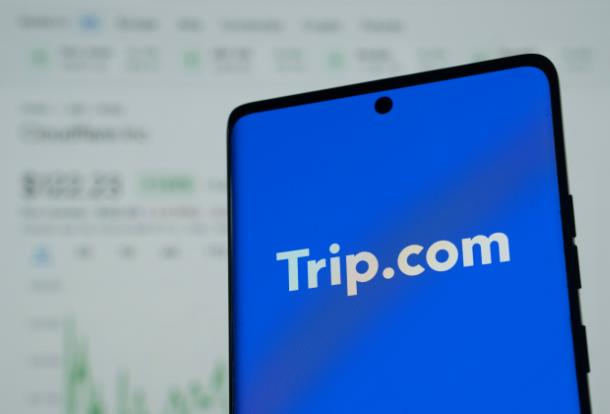
ChinaTravelNews, Ritesh Gupta – Tongcheng Travel is positioning itself at the forefront of technological innovation in the travel industry, with a strategic focus on generative AI to transform its business operations and enhance the user experience (UX).
During its Q2 earnings call, Chief Capital Officer Joyce Li highlighted the company’s commitment to transformative technologies such as generative AI and detailed the significant progress made with its AI-powered itinerary planner, DeepTrip.
DeepTrip, launched in March this year, is a specialised AI application designed specifically for the travel domain. It combines the company’s extensive supply chain capabilities with the reasoning power of DeepSeek, an advanced large language model (LLM).
Significance of AI for Chinese apps
The integration of LLMs in travel has a massive potential. The company stated that it has already seen notable improvements by integrating DeepTrip into various business scenarios.
Chinese OTAs handle immense volumes of inquiries. The ability of LLMs to automate a significant portion of customer service is a massive advantage in managing operational costs and enhancing service quality. In case of Tongcheng, Li mentioned that generative AI now handles over 60% of online interactions related to accommodation reservations and more than 70% of Internet phone consulting workload. This has led to enhanced accuracy and efficiency in customer service. In addition, several AI agents have been deployed to assist customer service staff, reducing the handling time for customer inquiries by 10%.
Li mentioned that DeepTrip has also been leveraged to deliver targeted marketing activities to users, aiding their decision-making process.
According to Ms. Li, the tool is not a standalone product but an integrated component of a seamless travel ecosystem. By being embedded directly into the company’s broader business environment, DeepTrip offers a more practical and actionable solution for travellers.
From UX perspective, Chinese consumers are accustomed to all-in-one superapps. LLMs allow OTAs to integrate a wide array of services—from booking flights and hotels to recommending local food and entertainment—into a single, seamless, conversational interface, strengthening the platform’s central position in the consumer’s digital life.
For tailor-made tours, the tool has streamlined the research and planning phase, enabling users to access comprehensive destination information more easily and reducing the time spent during the early stages of the booking funnel.
Further enhancing its capabilities, DeepTrip now allows users to upload their own travel itineraries. This feature provides instant access to relevant travel resources, significantly cutting down search time and supporting quick reservations.
Ms. Li emphasised that this functionality gives the company a competitive edge by directly integrating travel products into the planning and booking process. The company’s strong connections with suppliers allow it to secure competitive pricing and high-quality products, which are directly integrated into AI-driven recommendations. Also, LLMs are transforming chatbots from simple tools into conversational partners that understand context, sentiment, and intent. This allows for a more fluid and satisfying interaction, moving the UX closer to that of a human concierge.
AI and travel experiences
CFO Fan Lei mentioned that travellers are now looking beyond visiting popular destination. “They are keen on traveling for specialised activities like concerts, music festivals and sporting events,” said Lei. He stated that the Chinese travel market saw “robust growth in the first half of 2025, with innovative and diversified consumption scenarios infusing sustained vitality into the market”.
In July, travel demand continued to “heat up and the market was poised to usher in the peak summer travel season.”
“Notably, tourist preferences were shifting beyond traditional leisure-focused itineraries towards deeper experiential engagement and cultural immersion. Such changes were catalysing emerging travel scenarios, unlocking new growth drivers for their business expansion,” said Lei.
Specialists point out that LLMs are adept at meeting this demand by creating bespoke, hyper-personalised itineraries and recommendations at scale.
Ms. Li’s update underscored the company’s belief that its advanced and extensive travel insights, grounded in real-world data and resources, are crucial for providing accurate and personalised recommendations.
Growth in user base
By the end of June, Tongcheng’s 12-month annual paying users reached a new high of over 251 million, a 10% year-over-year increase. The company shared that this growth was supported by solid purchase frequency, with the cumulative number of passengers served by its platform reaching two billion.
Average monthly paying users (MPUs) increased by 9.2% year-to-year from 42.5 million in Q2 of last year to 46.4 million in the same quarter of 2025. And annual paying users for the twelve-month period increased by 10.2% year-to-year from 228.3 million in the same period of 2024 to 251.7 million.
Revenue of core OTA business increased by 15.9% year-on-year to RMB7,800.2 million in the first half of this year.
The core OTA revenue was generated primarily from accommodation reservation services and
transportation ticketing services.




